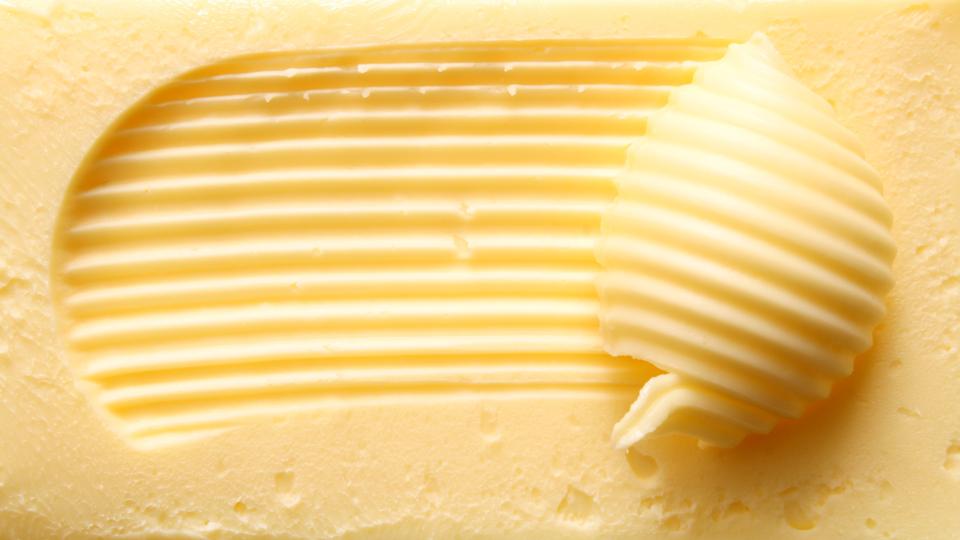Cabot Creamery is recalling nearly 1,700 pounds of its Extra Creamy Premium Butter (Sea Salted) due to elevated levels of coliform bacteria, according to a notice from the FDA. While the voluntary recall has been classified as Class III—the lowest risk category—it’s still an important reminder of how even small quality issues can trigger broader food safety checks.
For most consumers, this butter recall isn’t cause for alarm. But for those who bought the affected product, it’s worth double-checking your packaging.
What’s Being Recalled And Why
The voluntary recall was initiated by Cabot’s parent company, Agri-Mark, Inc., on March 26, 2025, after internal testing detected elevated levels of coliform bacteria. While coliforms are not always harmful themselves, they are often usedas indicators of unsanitary conditions or possible fecal contamination.
Here are the product details:
- Product: Cabot Creamery 8 oz Sea Salted Extra Creamy Premium Butter
- Packaging: Two 4 oz sticks in cardboard shells
- UPC: 0 78354 62038 0
- Best By Date: September 9, 2025
- Lot Code: 090925-055
No illnesses have been reported.
According to the FDA notice, the recalled butter was shipped to retail locations in seven states: Vermont, New York, Pennsylvania, Maine, Connecticut, New Hampshire and Arkansas.
What Consumers Should Do
If you purchased Cabot butter recently, take a moment to inspect the packaging. If your product matches, do not consume it. Dispose of it safely or return it to your point of purchase. You can also contact Cabot Consumer Relations at 1-800-837-4261 for additional guidance.
Why This Matters—Even If It’s Low Risk
The FDA classified this as a Class III recall, which is their lowest level of risk. Here’s what that means:
- Class I: There’s a reasonable probability the product could cause serious health consequences or death (e.g., undeclared allergens, E. coli, listeria).
- Class II: The product might cause temporary health issues or a medically reversible adverse effect.
- Class III: The product is unlikely to cause harm, but still violates FDA regulations (e.g., quality or labeling issues).
This isn’t a high-risk recall, but it still carries weight in the broader conversation about food quality and safety. Coliform bacteria aren’t necessarily dangerous themselves, but they signal potential lapses in sanitation or handling conditions that regulators and producers take seriously.
It’s also a reminder that not all recalls are created equal: while this is a Class III event, elevated bacteria levels prompt internal checks that help prevent more serious issues down the line.
Trust Is Built In Small Moments Like This
For a co-op like Cabot Creamery, maintaining consumer trust means being transparent—even when the stakes are low. Voluntarily initiating a recall, even without a press release, shows that food safety efforts are at work.
While it’s unlikely this butter will make anyone sick, it’s still a good opportunity for consumers to stay informed and for brands to reinforce a commitment to accountability at every stage of production.

